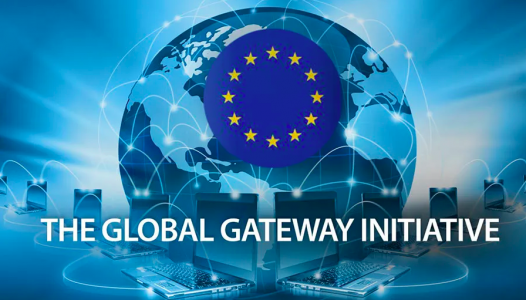The European Supervisory Authorities (EBA, EIOPA and ESMA – ESAs) has recently published their Progress Reports on Greenwashing in the financial sector. See EBA, EIOPA, and ESMA reports. In these reports, the ESAs put forward a common high-level understanding of greenwashing applicable to market participants across their respective remits – banking, insurance and pensions and financial markets.
ESAs common high-level understanding of greenwashing
The ESAs understand greenwashing as a practice where sustainability-related statements, declarations, actions, or communications do not clearly and fairly reflect the underlying sustainability profile of an entity, a financial product, or financial services. This practice may be misleading to consumers, investors, or other market participants. The ESAs also highlight that sustainability-related misleading claims can occur and spread either intentionally or unintentionally and in relation to entities and products that are either within or outside the remit of the EU regulatory framework.
The National Competent Authorities (NCAs) and the ESAs are, therefore, working to meet expectations from stakeholders to ensure consumer and investor protection, support market integrity and maintain a trusted environment for sustainable finance. Given the integrated nature of the financial system, the ESAs work in a coordinated manner to address greenwashing.
ESMA Progress Report
The ESMA Progress Report helps to better understand greenwashing and provides market participants and regulators with a shared reference point in dealing with this phenomenon.
Risk areas
In the report, ESMA assesses which areas of the sustainable investment value chain (SIVC) are more exposed to the risk of greenwashing. This assessment is meant to help market participants in preventing and mitigating greenwashing, and to support ESMA and NCAs in prioritising supervisory actions and regulatory intervention.
The findings show that misleading claims may relate to all key aspects of the sustainability profile of a product or an entity – from governance aspects to sustainability strategy, targets and metrics or claims about impact. The report also provides sector-specific assessments for key sectors under ESMA’s remit such as issuers, investment managers, benchmark administrators and investment service providers.
The causes of greenwashing Greenwashing
Greenwashing is the result of multiple inter-related drivers. Market participants across the SIVC face challenges in implementing the necessary governance processes and tools that support high-quality sustainability disclosures and transition efforts. In this context, market participants also have difficulties in producing and accessing relevant, high-quality sustainability data. Furthermore, a fast-moving regulatory framework has created implementation challenges for both market participants and for NCAs and highlighted the need to build sustainability expertise.
Preliminary remediation actions
To mitigate greenwashing risks, market participants across the SIVC have to live up to their responsibility to make substantiated claims and communicate on sustainability in a balanced manner. Comprehensibility of sustainability disclosures to retail investors needs to be improved, including by establishing a reliable and well-designed labelling scheme for financial products.
Finally, the regulatory framework needs to gain in maturity, key concepts need to be clarified and sustainability impact or engagement better integrated. This report lays the ground for mitigating greenwashing risks in the future, throughout the SIVC and in key sectors under ESMA’s remit.
Next steps
The ESAs will publish final greenwashing reports in May 2024 and will consider final recommendations, including on possible changes to the EU regulatory framework.






